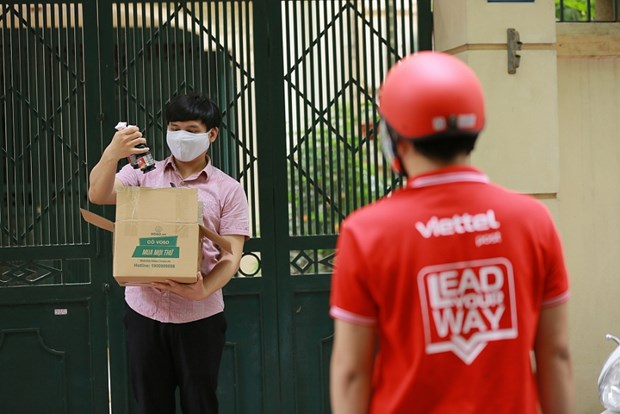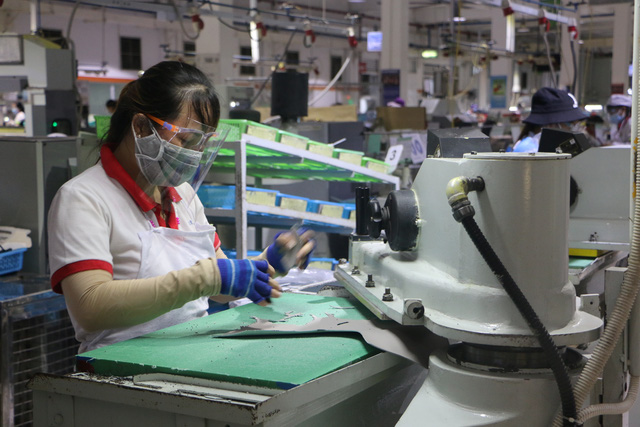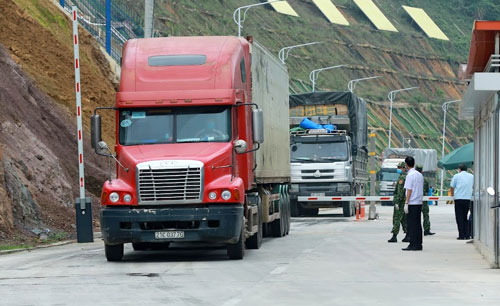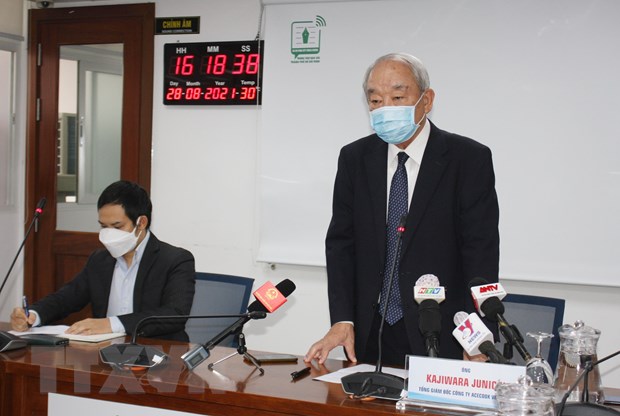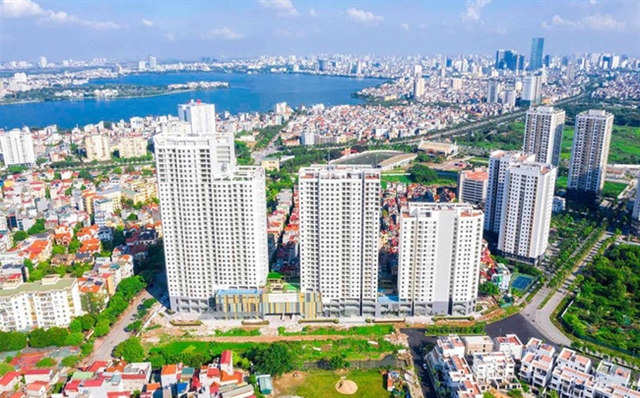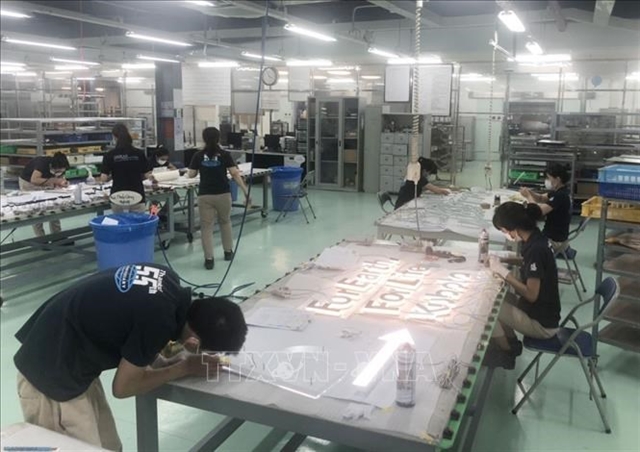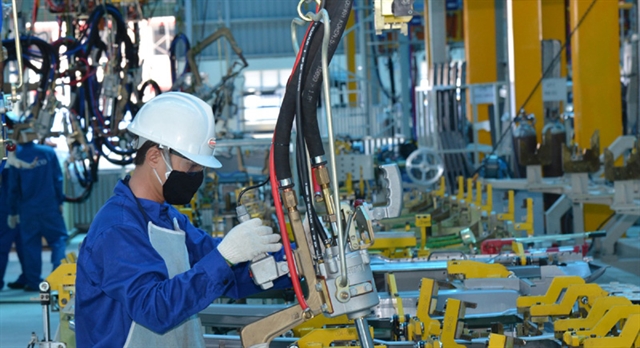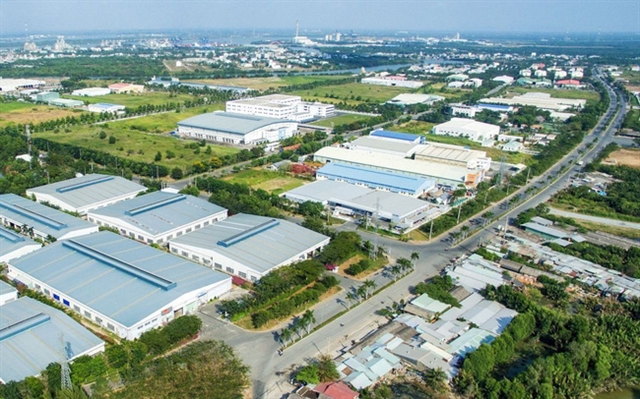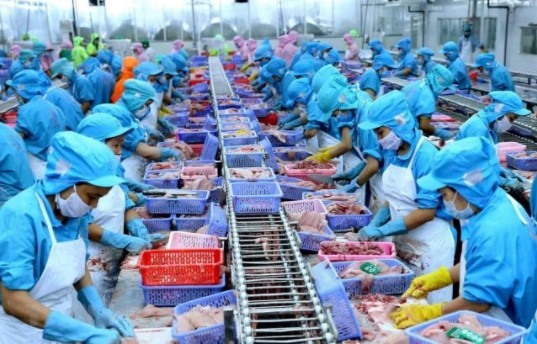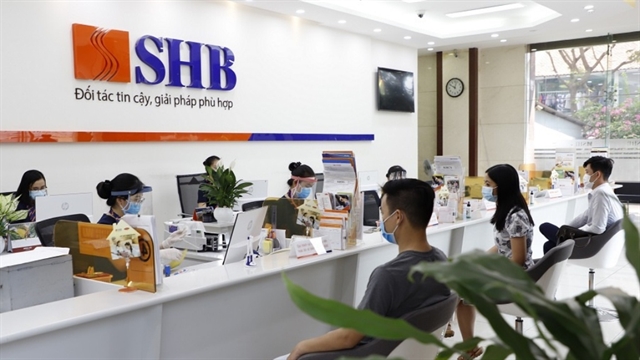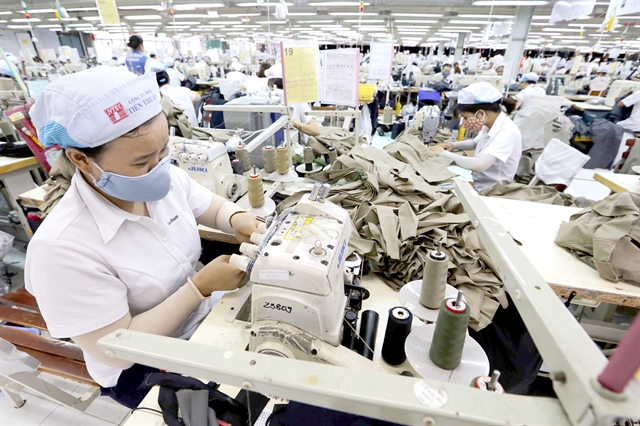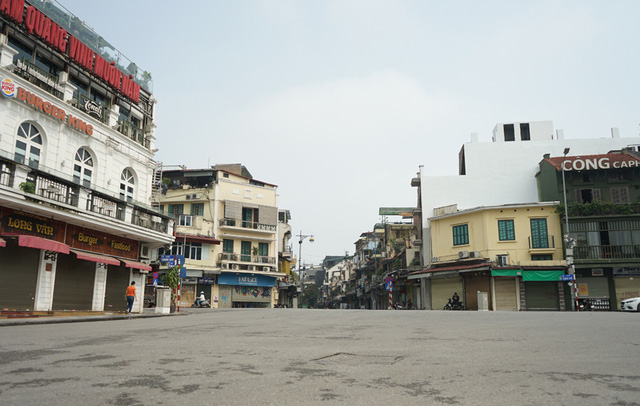
HÀ NỘI — Prolonged social distancing measures and restrictions on mobility have put significant pressure on Việt Nam's effort to control inflation in 2022, economists have said.
As major towns and provinces across the country went into lockdown at the beginning of the fourth virus outbreak in late April, thousands of workers had to leave for the countryside.
This has created a shortage of labour, resulting in higher costs for recruitment, training and compensation for businesses, said Nguyễn Bích Lâm, former head of the General Statistics Office of Vietnam (GSO).
While a number of businesses have implemented a three-on-site production model, which allowed for on-site production, on-site social distancing and on-site accommodation, many have said the model is not sustainable over the long-term as it has become too expensive.
The model requires businesses to follow strict anti-COVID-19 guidelines consisting of regular virus testing, and providing workers with meals and beds in line with safe social distancing rules, which often means enormous additional costs.
In a recent report, the HCM City's Centre of Forecasting Manpower Needs and Labour said the city would have to fill 150,000 jobs by the end of the year. Sectors that have not yet been severely disrupted by the pandemic including IT, medicine, textile and footwear will likely require more workers.
The global economy has been forecast to see a strong recovery in 2022. In the scenario of prolonged lockdown, a hard hit supply chain may not able to meet demand, which may result in rising prices.
A report by the International Monetary Fund showed the global Price Index for the first half of 2021 had increased by 47.82 per cent compared to the same period last year. June's Price Index was also the ninth consecutive month the index has recorded rising prices compared to the previous month.
Notable among rising prices were logistics, which has increased by 500 per cent on certain routes compared to pre-pandemic level, energy by 81.72 per cent, raw materials for industrial production by 56.44 per cent, as well as food and beverage by 26.26 per cent.
As Việt Nam has become deeply integrated into the global economy, the effect of global demand and the fluctuations of raw material prices and foreign exchanges will likely be much more profound. This is especially true for imports of raw materials, which account for up to 37 per cent of the country's total production cost.
There have been warning signs. According to a GSO report, prices have been on the rise for a number of key input materials including livestock feed (22.14 per cent), plastics (12.9 per cent), textile fibers (10.78 per cent), as well as fruits and vegetables (2.56 per cent).
Traditionally, an increase of 1 per cent in raw material prices will translate into a 2.06 per cent increase in product prices in Việt Nam.
Economists have called on the government to take preemptive measures to curb inflation including rolling out mass vaccination drives for industrial workers and business households, which will help them return to production and boost the supply of goods and services.
The government should also conduct reviews on current administrative procedures to identify areas where red tape and waste could be eliminated for businesses, speed up investment for logistics infrastructure projects and grant additional interest cuts and credit support.
More than 85,500 businesses closed in August alone, a 24.2 per cent increase from the same period last year, as the country struggled to contain yet another outbreak of the novel coronavirus, according to the latest report by the GSO.
The southern economic hub HCM City was hardest hit with over 24,000 businesses forced to close their doors since strict social distancing measures and mobility restrictions have been put in place in July. In addition, more than 43,000 businesses in the city also had to shutter operations for the foreseeable future. — VNS
